Home Solar Panel Selection Guide: Match Your Energy Needs
Solar energy is a sustainable and economical alternative to meet household energy needs. This detailed guide will help you choose the right solar panels based on your home energy consumption, considering the type of panel, capacity, and efficiency.
1. Evaluate Local Solar Resources
Before deciding to install a solar system, it is crucial to evaluate the solar resources in your area. Solar radiation levels vary significantly between regions, which impacts the efficiency of solar systems. Check local solar radiation data maps or consult a solar installation company to determine the light conditions in your area. For example, sunny areas, such as those near the equator or arid regions, have greater solar potential, while cloudy areas may require a larger system to meet energy needs.
2. Analyze Household Energy Needs
Household energy needs directly determine the specifications and design of the solar system. Review past electricity bills to estimate your average monthly consumption. Also, consider when major electrical appliances are used in the home. If you plan to charge electric vehicles in the future, include this in your planning to ensure the system’s long-term applicability.
For example, if electricity consumption is concentrated during the day and appliances are not high-powered, a smaller system or a grid-connected system may suffice. Conversely, if there is a significant nighttime electricity demand, such as using air conditioners, a larger system and energy storage equipment may be more suitable.
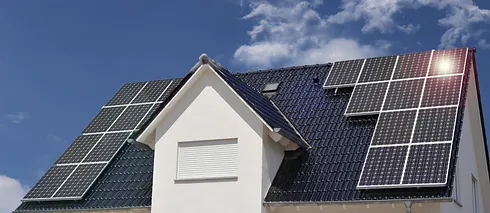
3. Choose the Right Type of Solar System
Solar systems are mainly divided into grid-connected systems and off-grid systems, each with its own advantages and disadvantages:
Grid-Connected System: Excess electricity generated by solar panels can be fed back into the public grid, resulting in reduced electricity bills and lower installation costs. However, the system will not work during power outages, making it suitable for areas with stable grids.
Off-Grid System: This system relies entirely on solar panels, batteries, and inverters to provide independent electricity, ideal for areas without grid coverage or unstable grids. However, the installation cost is higher due to the need for additional battery storage.
4. Quality and Efficiency of Solar Panels
Solar panels are the core components of the system, and their quality and efficiency determine overall performance. When selecting solar panels, consider the following factors:
Efficiency: Efficient solar panels provide greater power output in limited spaces. Typically, the efficiency of solar panels ranges from 15% to 25%.
Durability: Panels must withstand harsh outdoor conditions, such as rain, hail, and strong winds. It is advisable to choose durable and UV-resistant panels.
For example, monocrystalline silicon solar panels are highly efficient but expensive, while polycrystalline silicon panels are more affordable with relatively lower efficiency but offer better cost-effectiveness based on different needs and installation spaces.
5. Installation Location and Optimal Angle
The installation location and angle of solar panels directly affect their efficiency. The ideal installation site should be an unobstructed sunny area, such as a roof or balcony. The panel angle should be adjusted based on local latitude to maximize sunlight exposure. For instance, in the northern hemisphere, panels are typically installed facing south and tilted appropriately to ensure efficient power generation throughout the year.
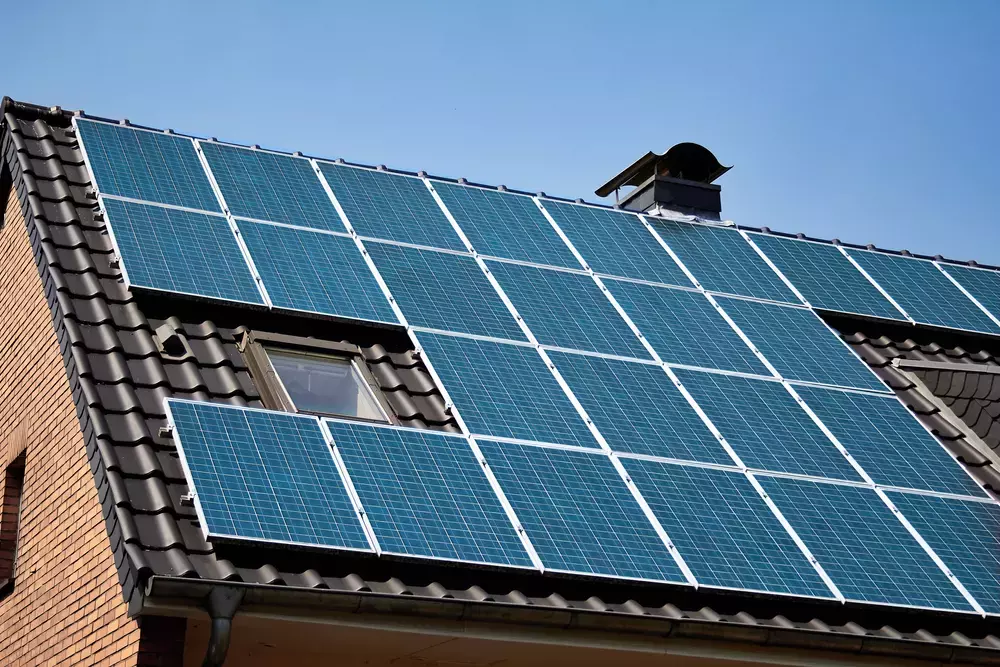
6. Cost and Return on Investment
Finally, consider the installation costs and return on investment of the system. This includes all costs such as solar panels, inverters, installation fees, and battery energy storage. Additionally, long-term maintenance costs and battery replacement costs should also be calculated. The return on investment can be evaluated by considering:
Electricity Savings: Calculate annual savings based on household consumption and local electricity rates.
Government Subsidies: Some regions offer tax exemptions or subsidies for solar systems to help reduce installation costs.
System Lifespan: The lifespan of a solar energy system is generally over 20 years, and long-term energy savings are also factors to consider when calculating ROI.
For example, if the initial investment in the system is 100,000 yuan, and it is expected to save 5,000 yuan in electricity bills each year, plus a government subsidy of 20,000 yuan, then the payback period for the system would be about 16 years.
Huijue Group’s Customized Household Energy Storage Solution
When selecting a high-efficiency home solar system, Huijue Group’s new generation of all-in-one household energy storage inverters provides an ideal solution. The system integrates photovoltaic energy storage inverters, lithium energy storage batteries, and energy management systems, allowing real-time monitoring of equipment status and collaborative control via a mobile app. You can efficiently manage electricity consumption peaks and troughs, balancing supply and demand, and achieve independence from the home power grid. It is suitable for various electricity consumption scenarios, including residential buildings and commercial office buildings. Additionally, it supports switching between off-grid and grid-connected modes, making it an ideal choice for emergency backup power supply for modern families.
Contact us
- Email:[email protected]
- Tel: +86 13651638099
- Address: 333 Fengcun Road, Fengxian District, Shanghai
Get A Quote Now!
Related product links are available directly
Site storage products:Site storage products 归档 – (energystoragecontainer.com)
Lithium Battery:Lithium Battery 归档 – (energystoragecontainer.com)
Read more
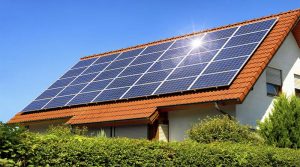
Innovative Technologies for Solar Energy Systems: Enhancing Site Energy Self-Sufficiency
From high-efficiency solar panels to smart tracking systems, the latest technological advances make it possible for sites, whether residential, commercial, or industrial, to achieve substantial energy self-sufficiency.
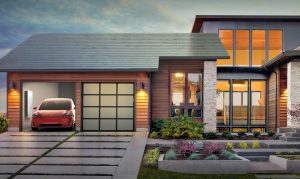
Household Energy Storage All-in-One Machine: How to Choose the Right Storage Capacity
Household energy storage systems are becoming as essential as home appliances, making power outages and energy independence manageable.
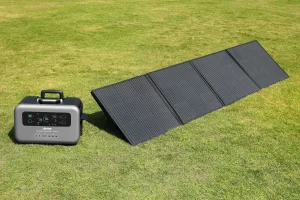
Power Selection Guide: How to Choose the Right Backup Power Supply for Your Home
With unpredictable power outages and an increasing demand for reliable home backup power supplies, choosing the best option for your household is more important than ever.
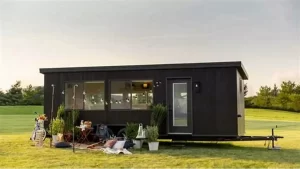
Container Base Station Energy Room: Dual Play of Thermal Management and Efficiency
In today’s rapidly evolving world of energy storage, container-based energy storage solutions have become the backbone of modern power supply infrastructure. These systems are commonly used for communication base stations, smart cities, and power distribution networks, ensuring a stable power supply in edge locations.
